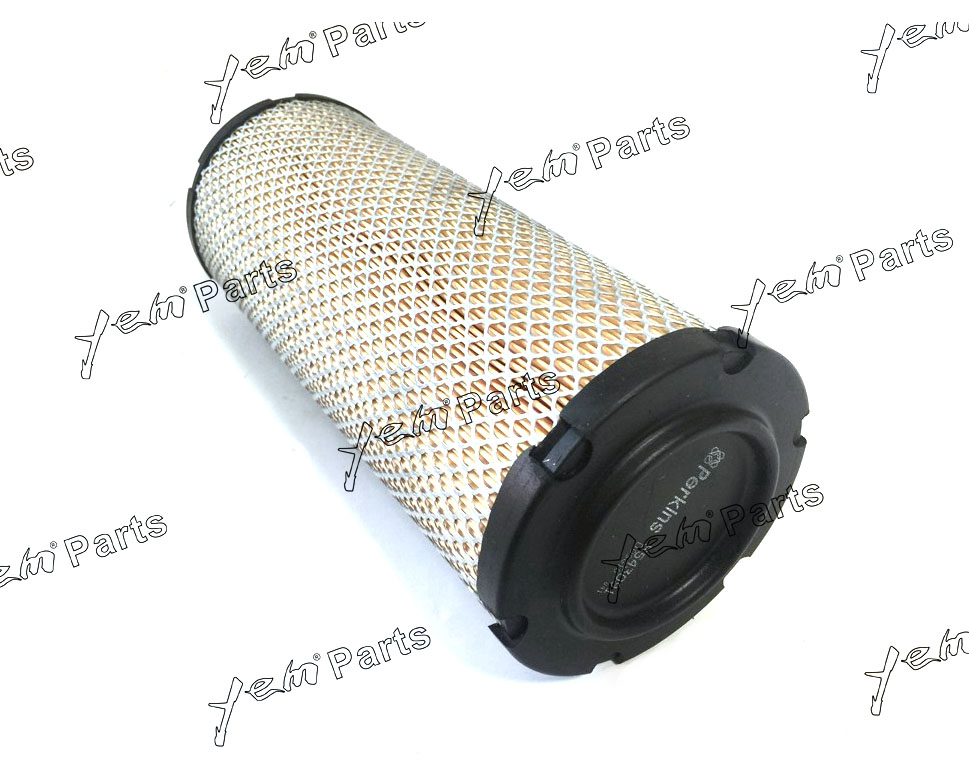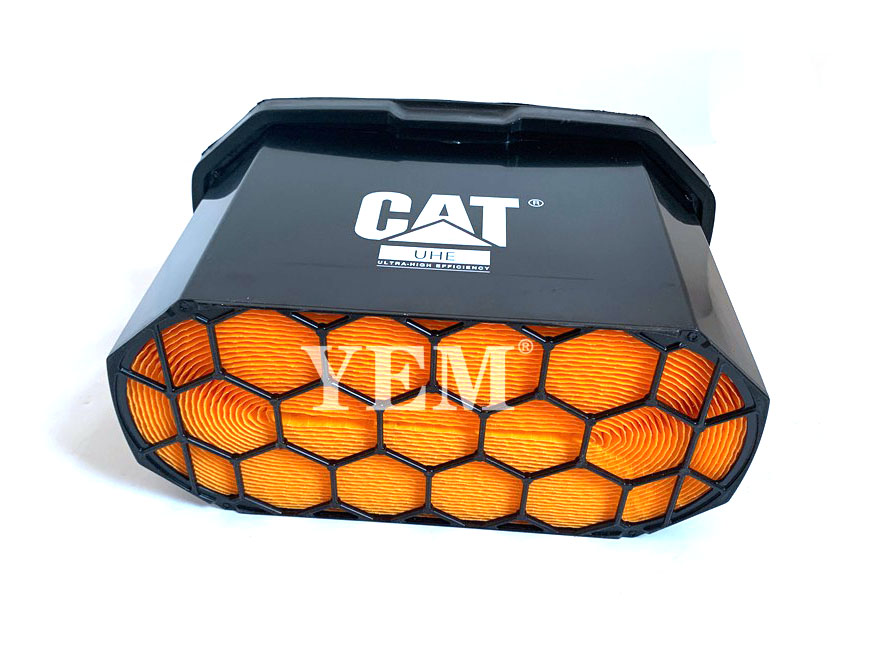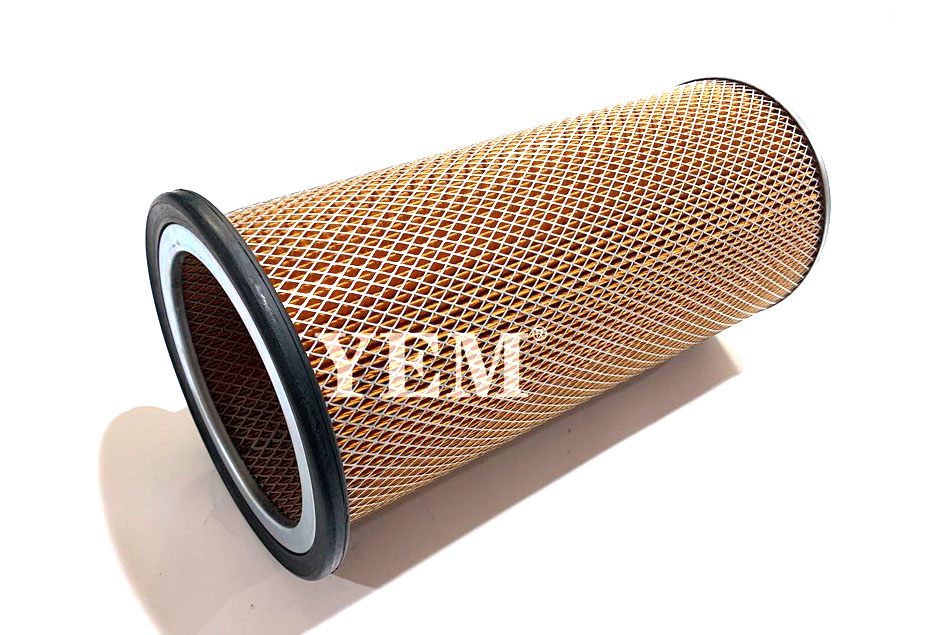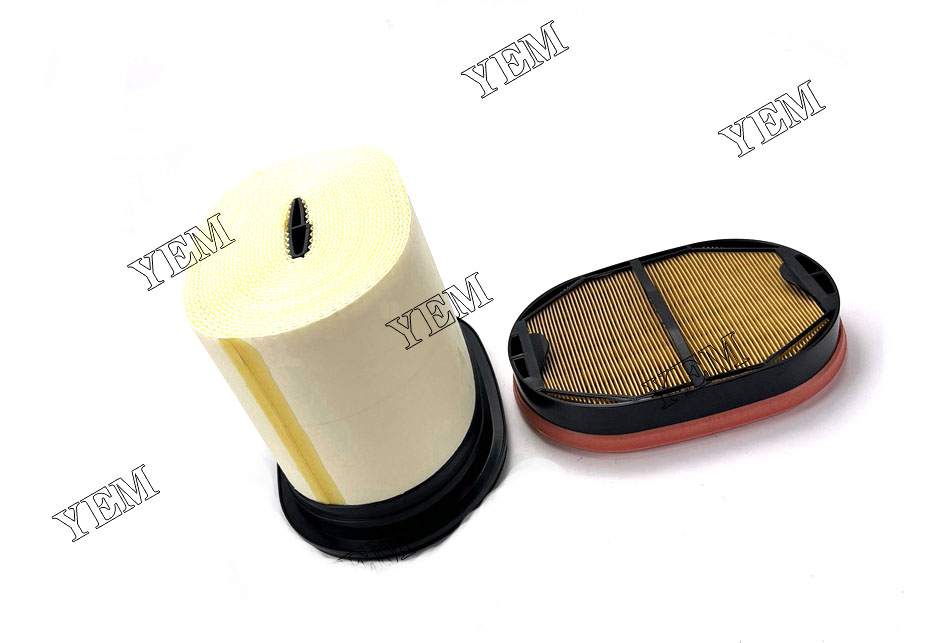What is an engine air filter
An engine air filter, also known as an air cleaner, is a crucial component of a vehicle’s engine system. Its main function is to filter the air that is drawn into the engine, removing dirt, dust, pollen, and other contaminants before they enter the combustion chamber.
The engine air filter is typically made of a pleated paper or synthetic material housed in a plastic or metal casing. As air flows through the filter, the pleats increase the surface area, allowing for a greater filtration capacity. The filter’s design is optimized to strike a balance between airflow and filtration efficiency.
By removing particulates from the incoming air, the engine air filter helps to protect the engine from damage. It prevents abrasive particles from reaching the cylinders, pistons, and valves, reducing wear and tear on these critical components. Furthermore, a clean air filter ensures the proper air-to-fuel ratio for combustion and helps maintain optimal engine performance, fuel efficiency, and emissions control.
Over time, the engine air filter can become clogged with debris, affecting airflow to the engine. This can result in reduced engine performance, decreased fuel efficiency, and potentially even engine damage. Regular maintenance and timely replacement of the air filter, according to the manufacturer’s recommendation, are essential to ensure optimal engine health and longevity.
Overall, the engine air filter is a vital component that plays a significant role in maintaining the performance, efficiency, and durability of a vehicle’s engine.

Types of air filter
There are several types of air filters commonly used in various applications. Here are a few:
- Mechanical Air Filters: These filters use a physical barrier, such as mesh or fibers, to capture particles from the air. They can be made of materials like fiberglass, cotton, foam, or metal. Mechanical air filters are commonly used in HVAC systems, air purifiers, and some automotive applications.
- Pleated Air Filters: Pleated filters have a larger surface area due to their accordion-like design, allowing for more efficient filtration. They are typically made of synthetic fibers or pleated paper. Pleated air filters are commonly used in residential and commercial HVAC systems.
- Activated Carbon Filters: These filters have a layer of activated carbon, which is highly porous and can effectively absorb certain gases, odors, and chemicals. They are often used in air purifiers, range hoods, and HVAC systems where the removal of odors and volatile organic compounds (VOCs) is desired.
- Electrostatic Air Filters: Electrostatic filters use an electric charge to capture particles. They can be either washable or disposable. Washable electrostatic filters use static electricity to attract and hold particles, while disposable electrostatic filters often have multiple layers of charged fibers that capture particles as air passes through.
- HEPA Filters: High-Efficiency Particulate Air (HEPA) filters are extremely efficient at capturing small particles, including allergens, dust mites, pet dander, and pollen. They are commonly used in cleanrooms, medical facilities, and residential air purifiers.
It’s important to note that different applications may require specific types of air filters. The choice of air filter depends on factors such as the level of filtration required, the type of particles to be filtered, and the specific needs of the application. It’s always recommended to refer to manufacturer guidelines and recommendations for selecting the appropriate air filter.

The time for replacement of the air filter
The frequency of air filter replacement depends on various factors such as the type of filter, the environment in which it is used, and the manufacturer’s recommendations. Generally, it is recommended to replace air filters every 3 to 6 months for residential HVAC systems. However, certain factors may require more frequent replacement:
- Allergies or Respiratory Conditions: If you or anyone in your household has allergies, asthma, or other respiratory conditions, it may be necessary to replace the air filter more frequently, such as every 1 to 2 months, to ensure clean and healthy indoor air quality.
- Pets: If you have pets that shed dander and hair, it is advisable to replace the air filter more often, as pet dander can accumulate quickly and reduce the efficiency of the filter.
- High Pollutant Levels: If you live in an area with high levels of pollutants, such as dust, pollen, or smoke, the air filter may need to be replaced more frequently to maintain effective filtration.
- Construction or Renovation: During construction or renovation projects, increased dust and debris in the air can clog the filter faster, requiring more frequent replacement.
It’s important to check the manufacturer’s guidelines and recommendations for the specific air filter you are using, as they may provide specific guidelines based on the filter’s design and intended use. Regularly inspecting the filter and replacing it as needed will help maintain optimal air quality and maximize the efficiency of your HVAC system.
The replacement step of the air filter
The specific steps to replace an air filter in an HVAC system may vary based on the type of system and filter being used, so it’s important to refer to the manufacturer’s instructions for your specific equipment. However, here are some general steps to follow:
- Turn off the HVAC system. This will prevent dust and debris from being circulated while you replace the filter.
- Locate the air filter. In most residential HVAC systems, the filter is located behind a grill or cover in the return air duct or air handler.
- Remove the old filter. Depending on the type of filter, it may be a slide-in or require unscrewing or unlatching a cover. Be mindful of the direction of airflow indicated on the filter frame and note which end of the filter goes in first.
- Clean the filter housing. Take a moment to inspect the filter housing and remove any visible dust or debris.
- Insert the new air filter. Carefully slide the new filter into the filter slot, following the direction of airflow marked on the filter frame.
- Replace any covers or grilles removed earlier.
- Turn on the HVAC system and verify proper airflow and operation.

Be aware that disposable air filters should not be washed or reused. Instead, dispose of the old filter in the trash and install a new one. Reusable filters can be washed according to the manufacturer’s recommendations and reused. Remember to replace filters on a regular basis to maintain optimal air quality and system efficiency.
Maintenance and clean air filter
Regular maintenance and cleaning of air filters is important to keep your HVAC system running efficiently and to maintain good indoor air quality. Here are some tips:
- Know how often to replace or clean your air filter: Refer to the manufacturer’s instructions for your specific equipment to determine how frequently the filter should be replaced or cleaned. A general rule of thumb is to replace disposable filters every 1-3 months and clean or replace reusable filters every 3-12 months, depending on usage and air quality.
- Turn off the HVAC system before removing or cleaning the filter: This will prevent dust and debris from being circulated while you work.
- Remove the filter: Depending on the type of filter, it may require unscrewing or unlatching a cover or sliding it out of a slot.
- Dispose of or clean the filter: If you have a disposable filter, throw it away and replace it with a new one. If you have a reusable filter, wash it thoroughly with soap and water. Alternatively, you can use a vacuum cleaner to remove the dust and debris.
- Inspect the filter housing: Take a moment to inspect the filter housing and remove any visible dust or debris.
- Reinstall the filter: Carefully slide the new filter or clean reusable filter back into the filter slot.
- Turn on the HVAC system and verify proper airflow and operation: Once you’ve replaced or cleaned the filter, turn the system back on and make sure the filter is properly installed and that the system is operating as it should.
Remember that regular filter maintenance is essential to keeping your HVAC system running efficiently and to maintaining good indoor air quality. Keeping your filters clean can even prolong the life of your system and prevent costly repairs down the road.

The price and brand selection of the air filter
The price and brand selection of air filters can vary widely based on the type of filter and the quality of its materials. Here are some general guidelines:
- Price: Prices for air filters typically range from a few dollars to over $50, depending on the type and quality of the filter. Disposable filters are generally less expensive, while reusable filters may require a higher upfront investment but can save money in the long run by being washable and reusable.
- Brand selection: There are many reputable brands that manufacture air filters, including Honeywell, Filtrete, Nordic Pure, and Carrier. When selecting a brand, consider factors such as the filter’s efficiency, the material it is made of, the size of the filter, and any additional features it may offer (such as odor reduction or antimicrobial properties).
It is important to note that selecting the cheapest air filter may not be the best option, as it may not effectively remove pollutants and may need to be replaced more frequently. On the other hand, high-end air filters may have a higher initial cost, but may offer superior filtration capabilities and longer life spans. Ultimately, it is up to you to determine your needs and budget when selecting an air filter.
Contact us
Our YEM team comprises a dedicated group of skilled and passionate engineers and technicians specializing in excavator parts. With our years of experience and expertise, we are committed to delivering top-notch excavator accessories and comprehensive solutions tailored to meet our customers’ specific requirements.
We possess a profound understanding of various types and brands of excavators, along with a profound knowledge of their working principles and the functionalities of accessories. As a result, we can provide customers with accurate and professional recommendations. By forging partnerships with renowned excavator parts manufacturers and suppliers, we guarantee the quality and reliability of the products we offer.
Our services extend beyond the provision of excavator accessories. We also facilitate transportation, installation, repair, and after-sales support for these components. Whether you need to replace a damaged accessory or enhance the excavator’s performance and capabilities, our team can provide you with comprehensive solutions. We tailor the options to suit your needs and budget, ensuring a seamless experience throughout the installation and maintenance processes.
At YEM, customer satisfaction is our utmost priority. We strive to deliver excellent service and the best possible solutions. Should you have any inquiries or requirements, please do not hesitate to contact us. We are here to collaborate with you, offering high-quality excavator accessories and professional technical support.
